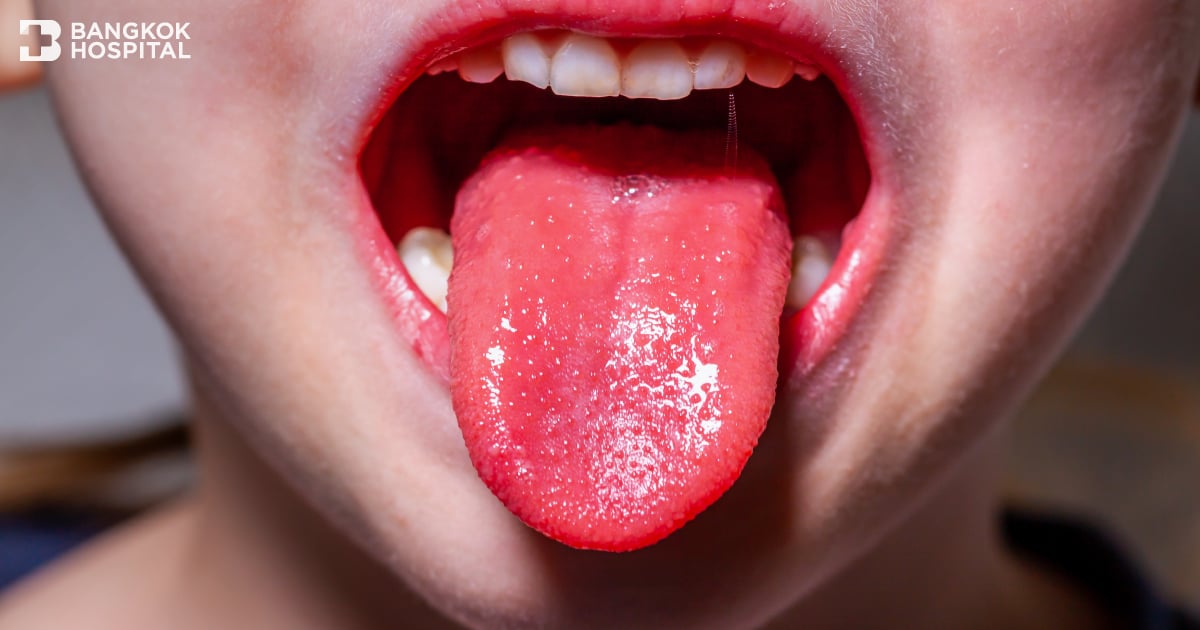Bipolar Disorder
Bipolar Disorder, (also known as Manic Depression) is characterized by severe mood swings, such as being overly happy then suddenly showing signs of depression.
Doctor Apisamai Srirangson, Director of the Bangkok Mental Health and Rehabilitation Center, explains that Bipolar Disorder can be triggered by life crises such as the loss of a loved one, unemployment, or sickness. These are not however, the cause of Bipolar Disorder. The main causes of this mental condition are thought to be a combination of biochemical, genetic, and environmental factors. Both mania and depression are linked to chemical imbalances in the brain. Research strongly suggests that this disorder is also hereditary. Stress may trigger this illness but not always. Both men and women are susceptible, and symptoms often show up in the late teen years to early twenties.
Symptoms of Bipolar Disorder can be dived into two categories:
-
Manic Episodes – The individual may be in a good mood, but this is expressed by being overly excited, having unusually high self-confidence,being overly energetic but having a reduced need for sleep, thinking and doing things very fast, may show signs of reckless ness, irritability, and aggression.
-
Depressive Episodes – The individual lacks self-confidence, is unsure about decision-making, does not take care of themselves, feels weary, may get regularly sick without obvious cause, has a tendency to withdraw (‘shutdown’) from social interaction, does not have a feeling of self-worth, and may have lost hope.
Individuals with Bipolar Disorder may experience either of the episodes first. For example they will experience a Manic Episode, which may last 2-3 weeks then it disappears. Years may pass before another episode returns.
This can alternate with the Depressive Episodes. Some individuals may consistently have Depressive Episodes, whilst intermittently having a normal mental state, then progressing into a Manic Episode. These mood swings are different from those that we all experience due to normal ups and downs in life.
Bipolar Disorder is a long-term illness, which must be carefully managed like diabetes, or heart disease. Often people go untreated for years, before they are properly diagnosed. Bipolar Disorder treatment requires a combination of medication and psychotherapy and if treated, patients can expect to live full and productive lives.
Doctor Apisamai indicates that the most important factors in living with Bipolar is the support of family and loved ones, proper preparation, and fortitude.
These will work in tandem with quality psychiatric care, access to information,education, and appropriate medical consultation. Three important things to keep in mind about Bipolar Disorder are: it is an involuntary sickness, it is treatable, and treatment can help the patient continue to be a valuable member of society”.








